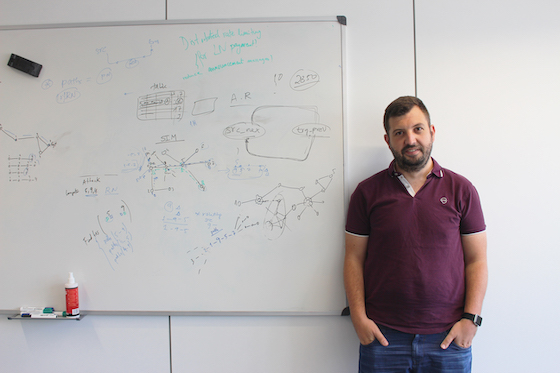Lukas Aumayr (TU Wien), Sri AravindaKrishnan Thyagarjan (Carnegie Mellon University), Giulio Malavolta (Max Planck Institute for Security and Privacy), Pedro Moreno-Sánchez (IMDEA Software Institute) and Matteo Maffei (TU Wien) have developed Sleepy Channels, a bi-directional Payment Channel protocol that keep cryptocurrencies safe without watchtowers and even if the parties are not online.
PC are a promising solution to the scalability issue of cryptocurrencies. It allows users to perform arbitrary many transactions off-chain without needing to post everything on the blockchain. However, they usually suffer from a severe limitation: both parties need to constantly monitor the blockchain to ensure that the other party did not post an outdated transaction that can potentially revert honest user’s balance. Extrapolating this issue to the banking use case, this would mean that you need to login to your bank account frequently (e.g., at least once per day) in order to ensure that your funds are there.
The figure of the watchtowers was introduced by the community as a service to mitigate this limitation (e.g., imagine a prolonged electricity cut or your phone runs out of battery for a long time). Such watchtower service charges every user a service fee and, perhaps more importantly, it is aware of sensitive financial information related to the users. Moreover, watchtowers have to lock a certain number of coins per user to be held accountable, a financial burden that have hindered the wide deployment of watchtowers in practice.
Pedro Moreno-Sánchez, and his research colleagues, have developed Sleepy Channels to solve this problem. This protocol is compatible with any blockchain that is capable of verifying digital signatures as shown by their proof of concept and no longer requires watchtower services or additional trust assumptions other than already existing ones for blockchains like Bitcoin. Thereby, this protocol enables a smooth user experience where users need to check their payment channel only for their payment operations (and of course once to close it when no longer needed).
